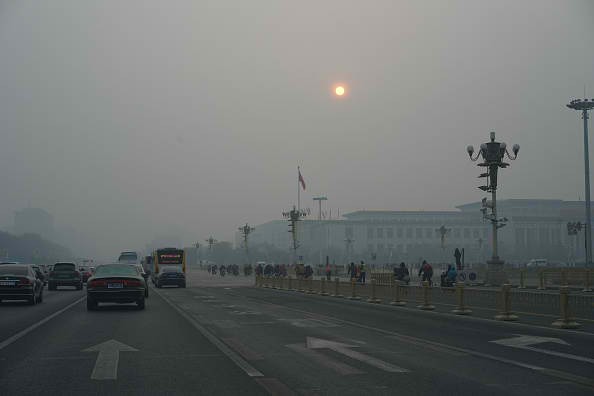The Beijing Municipal Commission of Health and Family Planning (BMCHFP) has begun the study of the effects of smog in China and its relation to lung cancer.
The commission released a report stating that inhaling smog will lead to acute respiratory diseases and long-term exposure to pollution will cause chronic inflammation, hypo-immunity and allergies.
"It will take a decade or longer to collect data before the researchers can make clear the relationship between smog and people having a certain kind of disease," said Fang Laiying, director of Beijing Municipal Commission of Health and Family Planning.
Other experts agree that smog can cause lung cancer.
Sahba Maani, MD, FCCP, specializing in Pulmonary & Intensive Care at Beijing United Family Hospital and Clinics, said," There have been numerous studies showing that the risk of air pollution is even greater than we once thought."
He added: "The most important study was the one released by the World Health Organization's cancer agency International Agency for Research on Cancer in 2013. This reviewed over 1,000 scientific studies from five different continents and came to the conclusion that air pollution and particulate matter were both linked to lung cancer, and should be classified as carcinogenic."
As the smog in Beijing gets worse, the air quality in Hong Kong is worsening as well.
According to the World Air Quality Index, air contamination in Hong Kong reached higher pollution levels across the city. The reading with PM2.5 went from 126 to 196 on Sunday.
A spokesperson from the Environmental Protection Department said, "Hong Kong is being affected by an airstream with higher background pollutant concentrations."
He added: "The light wind hinders effective dispersion of air pollutants. The sunshine enhances photochemical smog activities and the formation of ozone during the daytime, resulting in high pollution in the region."



























